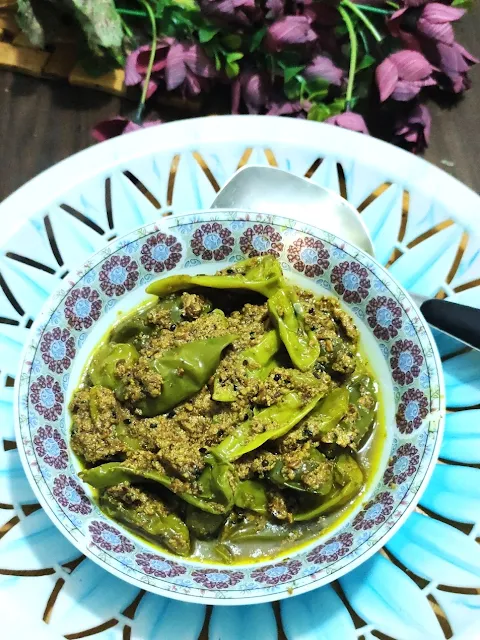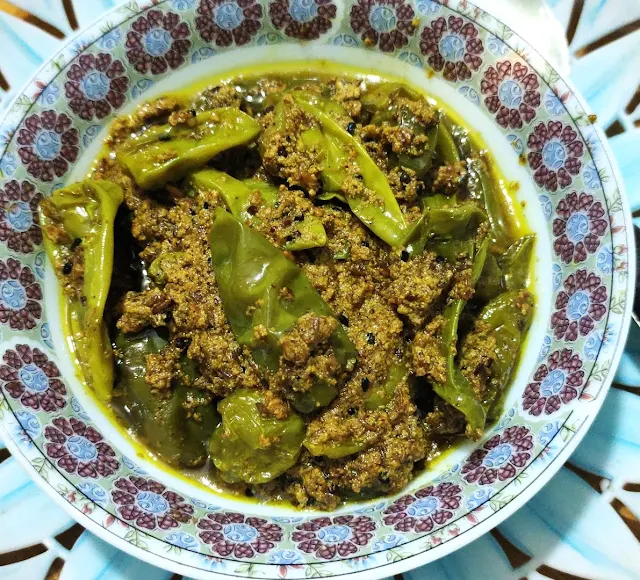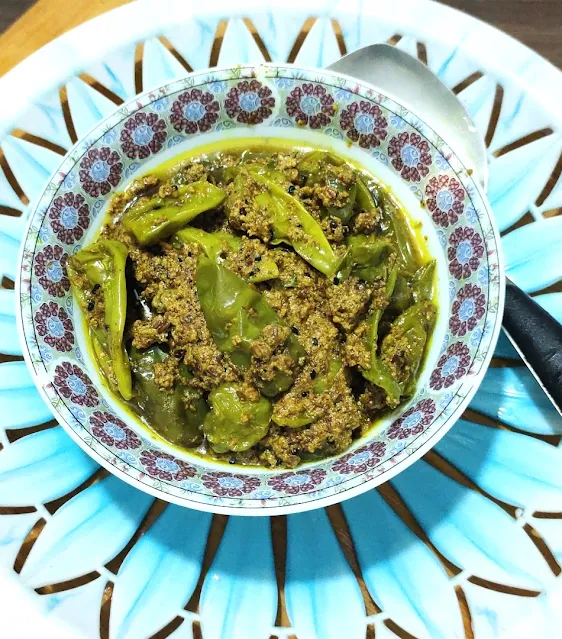Usually, I used to buy khoya from stores, as I
thought it saved time and did not have to go through the long process of
cooking. However,
with time I learned, making khoya is as easy as sev firni_specailly milk
powder khoya doesn’t take more time to prepare, and the taste of milk khoya
or powder milk has a similar
On the other hand, if you prepare khoya as a side task, with you doing something else in the kitchen like chopping, preparing some
other recipes, etc. then it is not a time-consuming method since the milk
gets reduced on its own on a low flame
and all you have to do is stir and scrape at intervals it’s not tedious so I do
suggest preparing khoya at the same time besides cooking or doing some other chore in the kitchen. This is multitasking, and you have to be attentive.
The pan to be used for making khoya:
When making khoya, it's essential to use a thick-bottomed pan
Or kadai to prevent the milk from burning or browning at the bottom. If the milk burns, it can ruin all your hard work. A deep pan is also necessary to ensure that the milk doesn't spill out while simmering. I personally used my large non-stick kadai for this process, which works exceptionally well for making khoya.
Homemade khoya is significantly superior to store-bought versions. It embodies the richness and natural goodness of milk without any additives or preservatives. You can store this homemade khoya in the refrigerator for about 3-4 days, and if you keep it in the freezer, it can last for 6-8 days.
For Other Homemade Recipes:
Like Our Videos? Then do follow and subscribe to us on YouTube to get the latest Recipe Video updates.
To make this recipe, first prepare clarified
butter. Melt the ghee and keep it in the freezer for a half-hour.
Right after taking it out of the well-clarified butter is ready. Keep it in the refrigerator until required.
Take a non-stick pan or heavy-based Kadai and
pour 2 full-fat milk into it. Bring the milk to a boil over a medium flame.
Then
add clarified butter along with cream. Stir to mix well.
When it starts to boil, reduce the flame to
low-medium
Scrape the sides and stir occasionally in
between to prevent milk from sticking to the bottom
After 40-45 minutes, the milk will reduce to almost
half in quantity and will turn thicker. As it starts to thicken, the color would change from milky white to light skin in colormilk'sk thickness the chances of it sticking to the bottom of the pan increase.
Stir frequently to prevent sticking. More than one and a half hours of milk will turn into a rabri texture.
Stir continuously from this stage to prevent it
from burning. Cook until all moisture evaporates,s and it turns
into a thick solid mass, as showinow the picture below the flame, and transfer it into any tin or bowl.l
Let it cool down for 5 minutes. Take the tin out of the khoya carefully.
And allow cooling at room temperature. Once it cools down completely Store it in an airtight container in a refrigerator.r
Take a non-stick pan and then add butter. Melt it a little on medium flame, then turn off
the flame. Add cream and stir to mix well.
Keep stirring by pouring milk into it, and turn the flame on. Constantly keep on stirring until it to boil_Turn down the flame to low, Now sta.t adding powdered milk.
Little by little, to
prevent lumps, once the powdered milk leaves the sides of the pot.
Turn off the flame and transfer it to the tin/bowl.
Let it cool down for 5 minutes, take the tin out of the khoya carefully.
And allow cooling at room temperature. Once it cools down completely Store it in an airtight container in a
refrigerator.
You can see both textures of Khoya.
This khoya can be used easily within a week by keeping it in the refrigerator.


























































